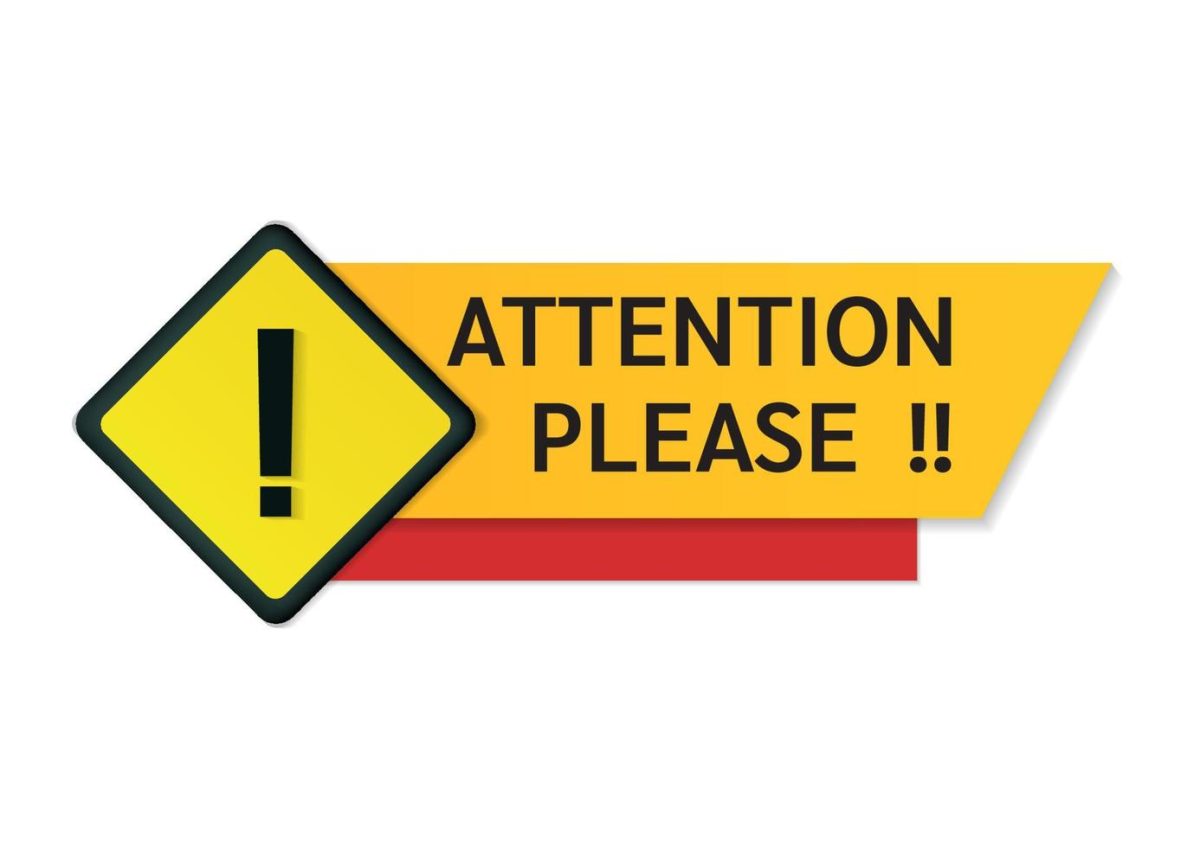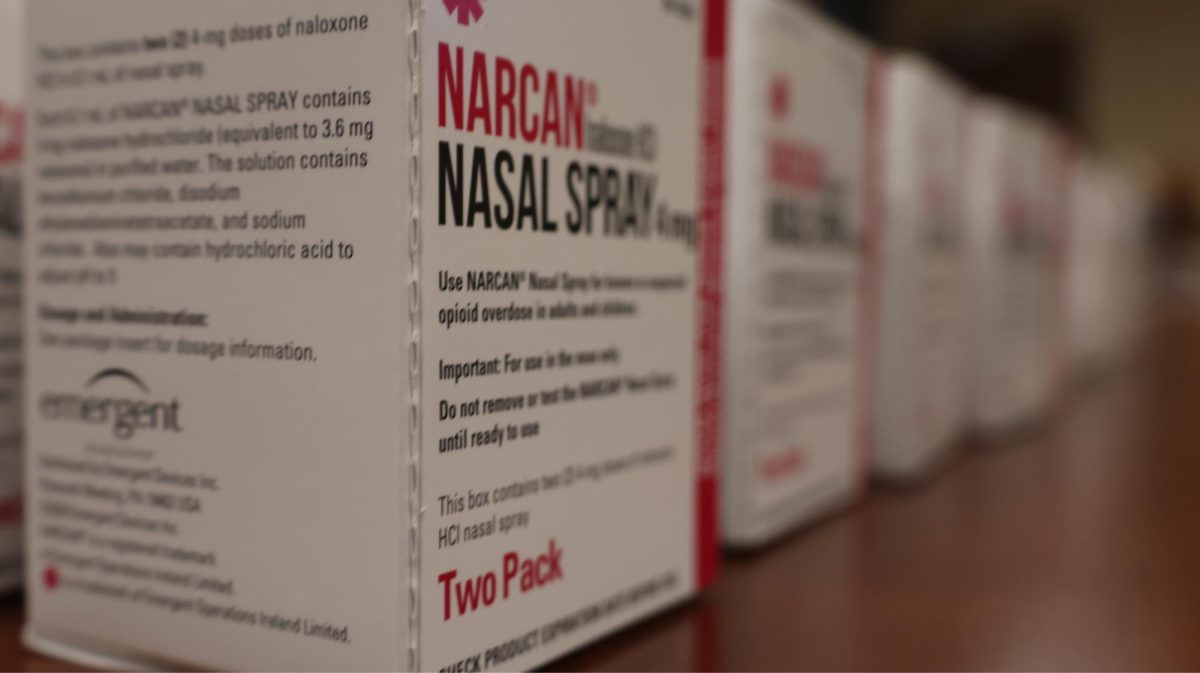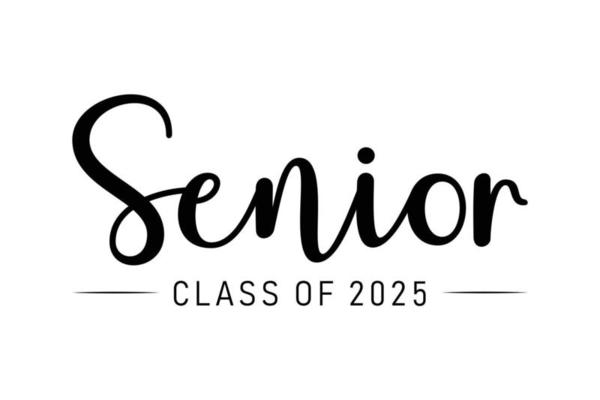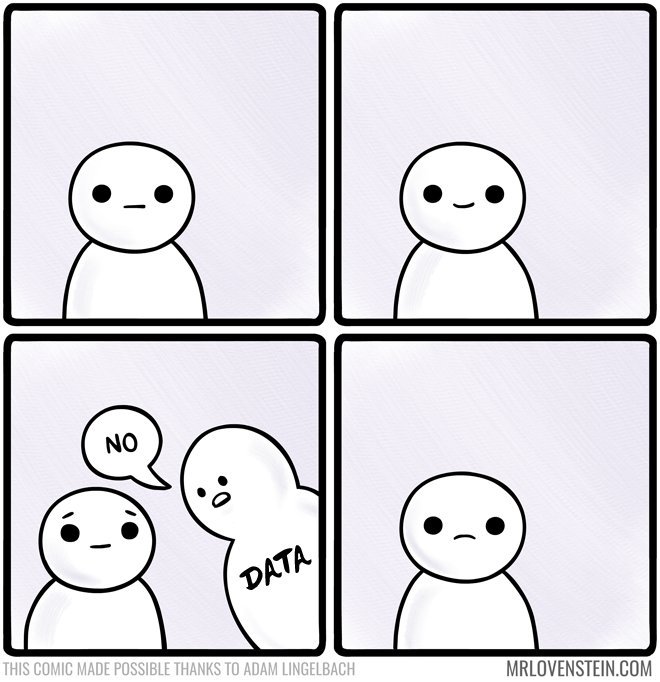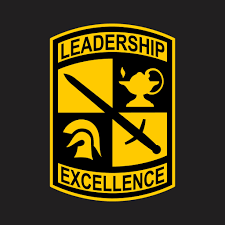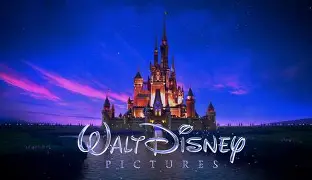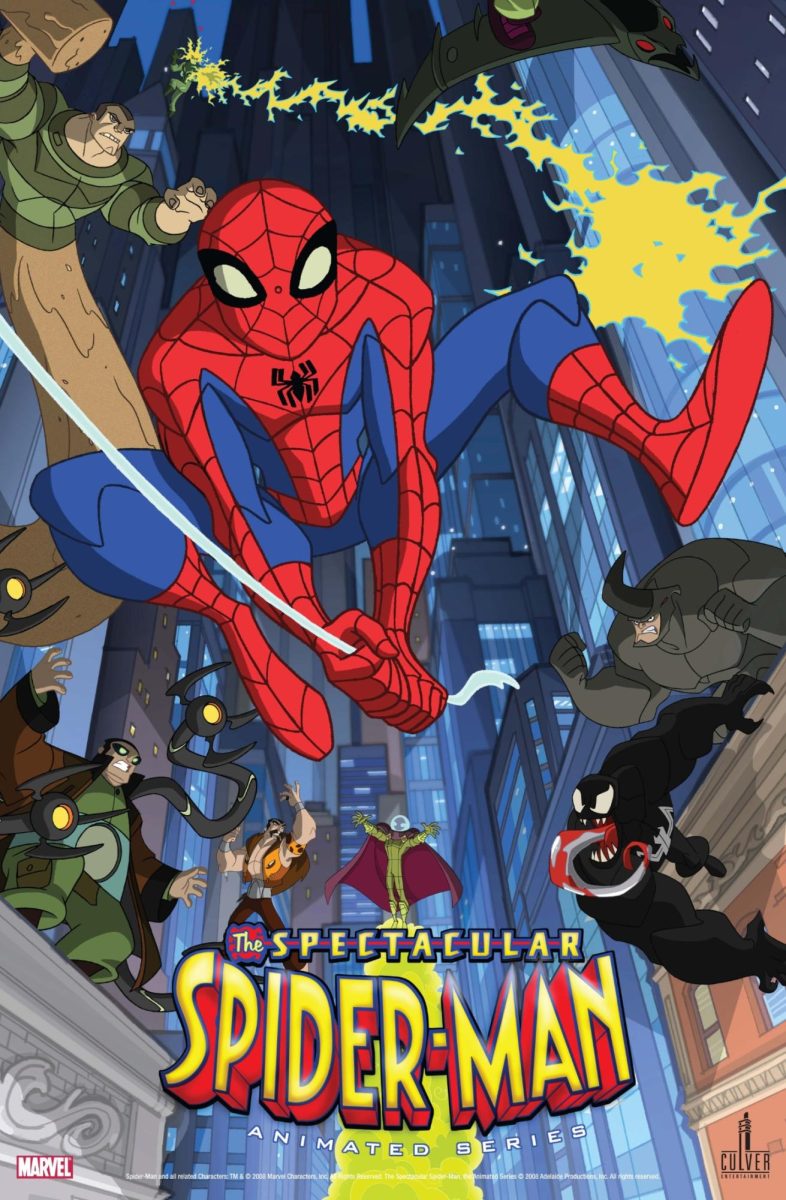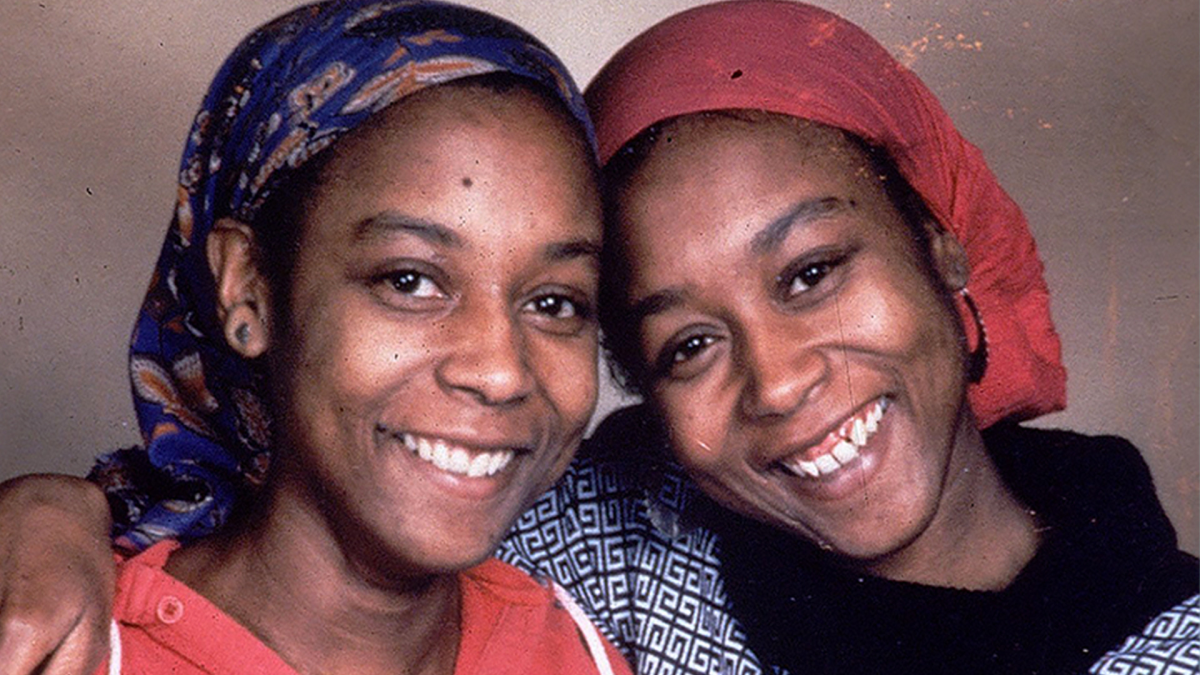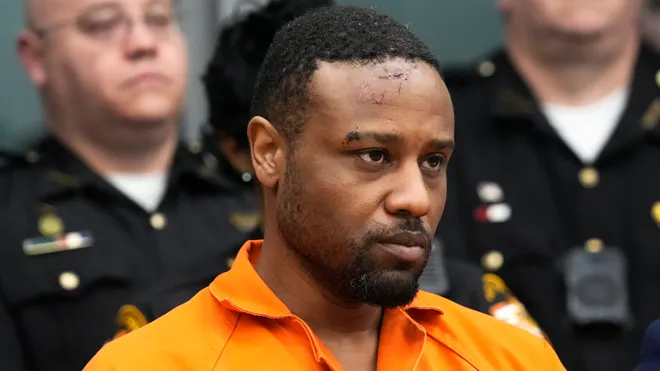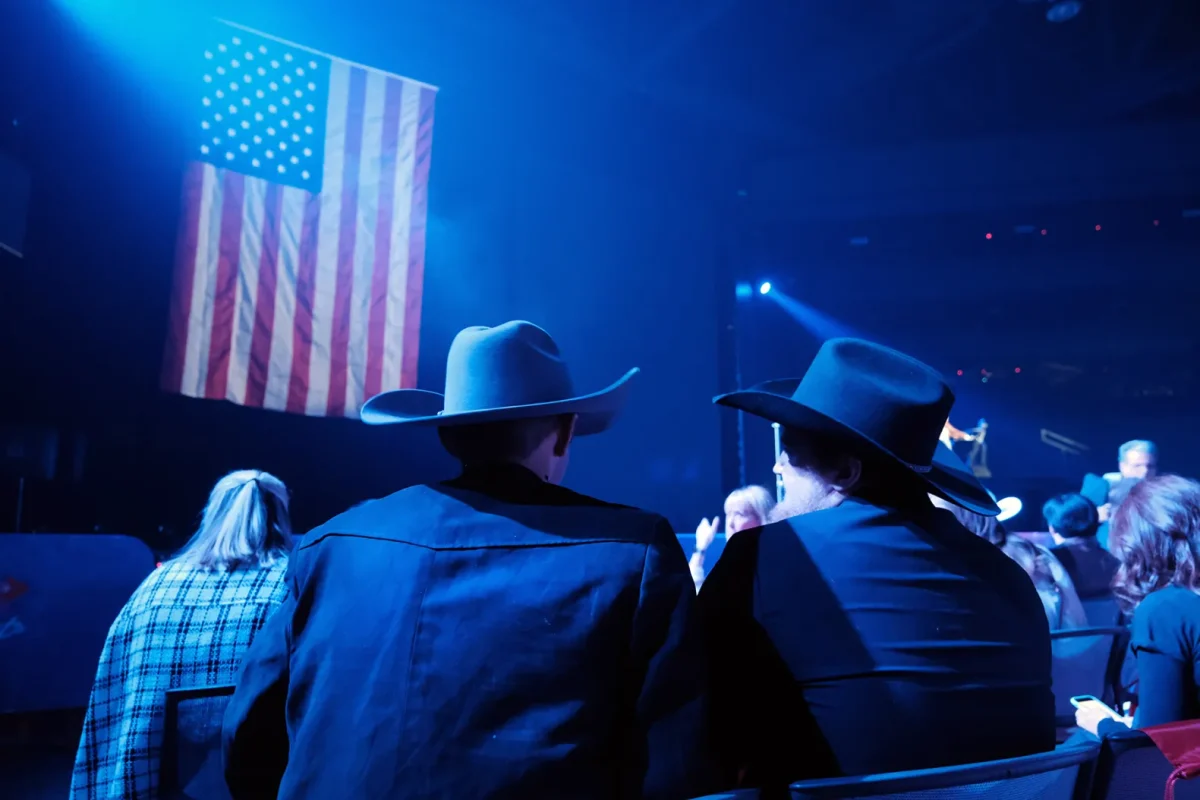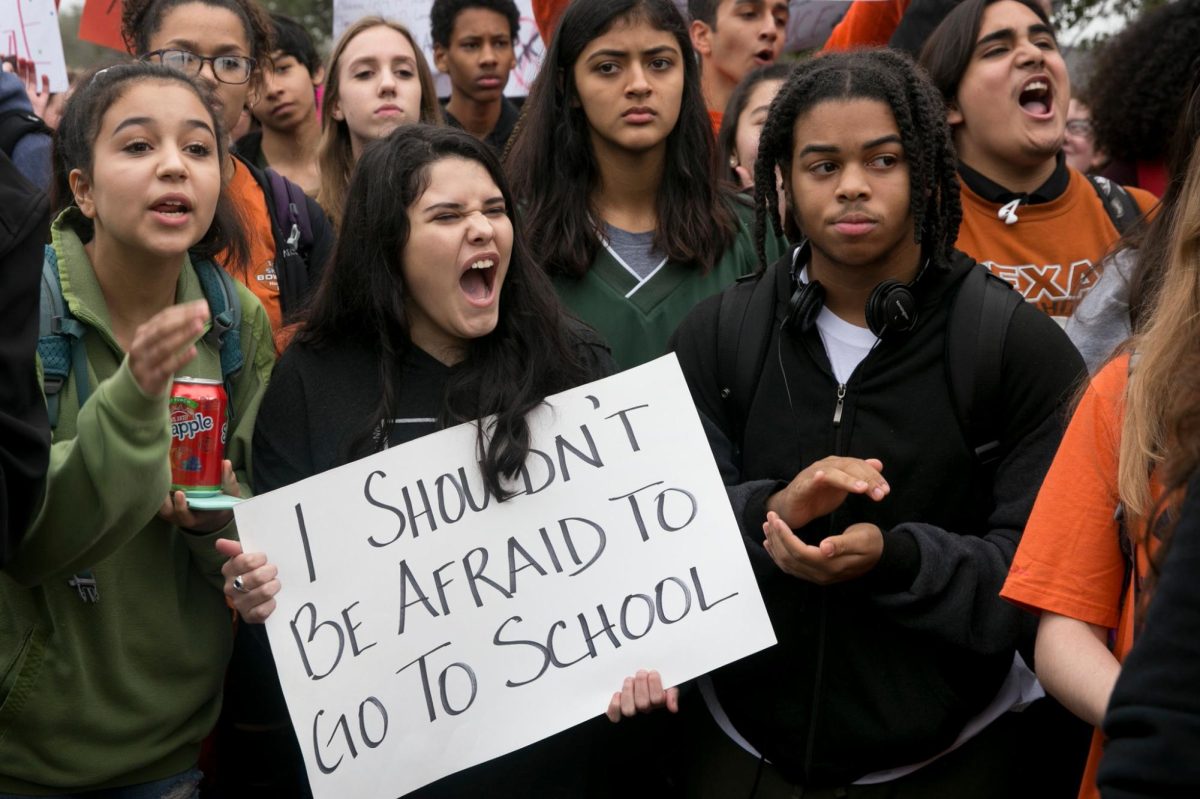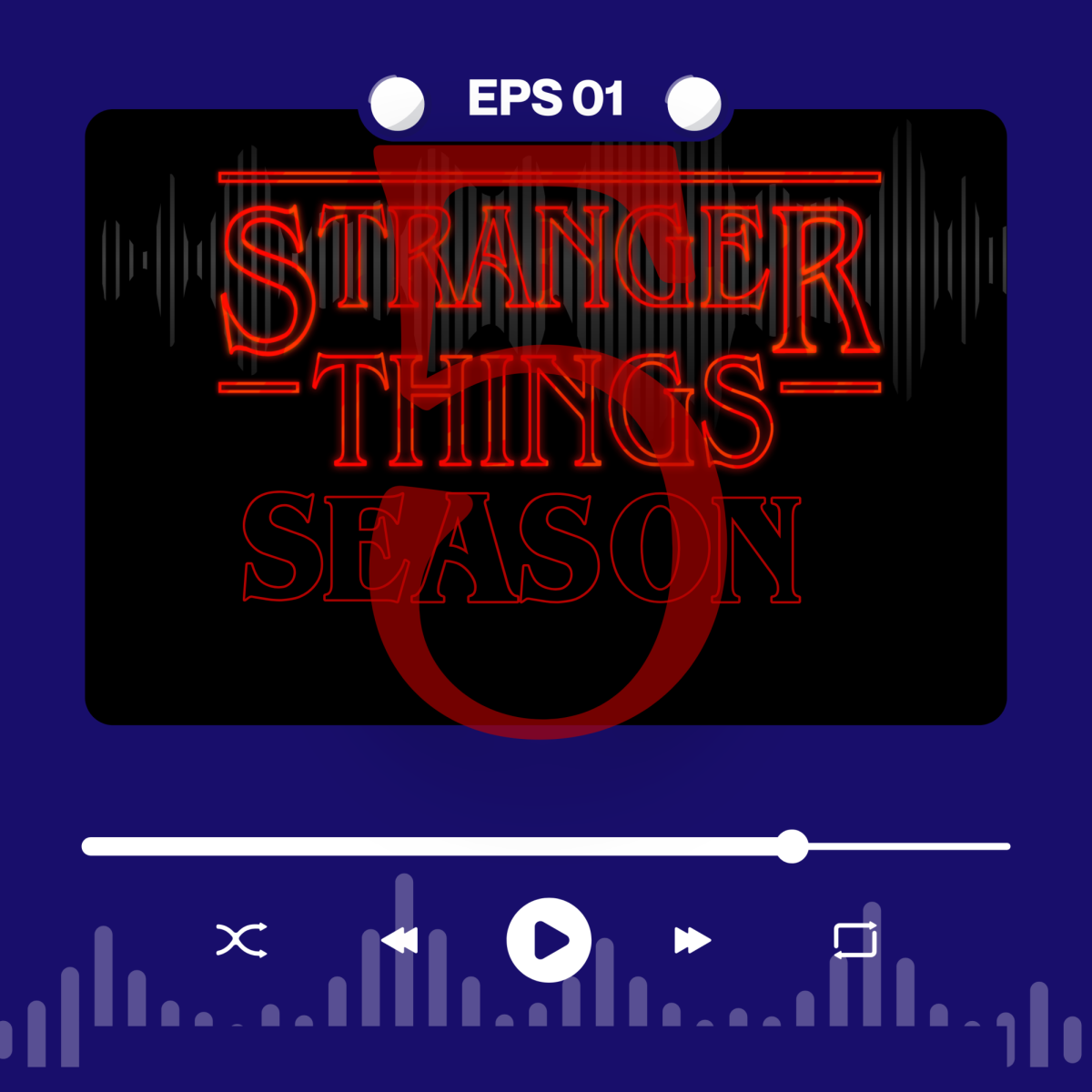During the November 2023 Kansas School Board of Education (KSBOE) meeting, the board officially instituted a revision of the state’s requirements for high school graduation. The schedule of credits shifted dramatically, while two entirely new requirements have been added. These new requirements will not effect students currently in high school. Rather, they will begin for the class of 2028, a.k.a. current 8th graders, and on. The most important addition are the Post-Secondary Assets, which will be covered below.
Post-Secondary Assets
This is the most radical change to graduation requirements. In order to graduate, a student needs to have at least two of these under your belt. They are as follows, with short explanations for some of them.
- Youth apprenticeships, a program to undergo an apprenticeship in a career you are interested in.
- 40 or more Community service hours, cumulative over the four years of your high school career.
- Client-centered projects.
- Workplace learning experience directly related to a student IPS.
- Industry-recognized certifications, such as a Food Handler’s Card.
- Seal of Biliteracy, meaning you are able to write and read in a language other than English.
- CTE Scholar, meaning you complete enough classes in a CTE pathway.
- Eagle Scout or Gold Scout, the highest tiers in Boy and Girl scouts respectively.
- 4-H Kansas Key Award.
- Two or more high school athletics/activities.
- JROTC.
- 90% attendance in high school.
- ACT composite (Score of 21 or higher).
- WorkKeys level (Silver or higher), the ACT WorkKeys is a test every Senior takes on the district testing day in the Fall.
- 9+ college hours, through Dual-Credits or classes you attend concurrently at a college like WSU.
- State Assessment scores of 3 or 4 for math, ELA, science (demonstrating college readiness). In order to get these scores, you’ll need to ask your counselor.
- ASVAB per requirements of military branch selected.
- Senior project/senior exit interviews.
- SAT score (1060 or higher).
- Completing Board of Regents curriculum, a special set of requirements that are built upon the state’s requirements. Includes credits like a foreign language.
- International Baccalaureate Exam (4+), aka IB.
- Advanced Placement Exam (3+), aka AP. This test score is when most colleges will accept it as college credit.
Credits
Schools in the state of Kansas must have equal or greater requirements for graduation that the KSBOE establishes. For credits, they are now divided into four categories:
- Communications, for a total of 4.0 credits.
- 3.5 credits of English Language Arts, which is down from 4.0 credits.
- 0.5 credits of Communications, such as speech, debate, journalism, etc.. This replaces the missing half credit from English.
- Society and Humanities, for a total of 4.0 credits. These have not been changed. However, WPS requires 3.0 credits of history along with 0.5 credits of government.
- 3.0 credits of Social Studies, such as history and government.
- 1.0 credits of Fine Arts, such as choir, music, dance, etc..
- STEM, for a total of 7.0 credits.
- 3.0 credits of Math, not changed.
- 3.0 credits of Science, not changed.
- 1.0 credit of a Science Elective, which included advanced science courses, computer science, etc..
- Employability and Life Skills, for a total of 6.0 credits.
- 0.5 credits of Physical Education.
- 0.5 credits of Health. In the past, these two half credits were combined. In WPS, it was PE & Health Foundations. Now, they are separate.
- 0.5 credits of Financial Literacy, not changed.
- 4.5 credits of IPS-Related Choices. This is different from the 6.0 credits of electives that was required from the past, however in WPS this was 7.0 electives. These electives have to be related to CTE or to your Individual Plan of Study.
This means that you still need 21 credits, but they are rearranged. The way that WPS will handle this is to be seen next year, and isn’t yet set in stone.
FASFA
Students will be required to complete the FASFA to graduate. There is a form to be exempt from this, however.


